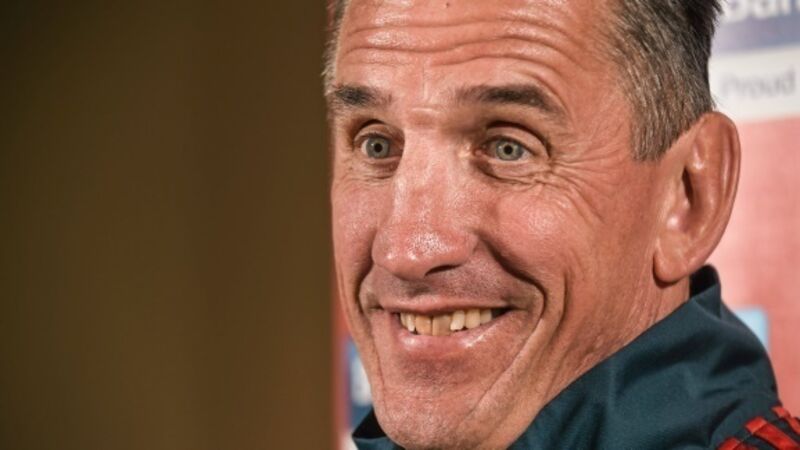Munster regrets matched by Ulster frustration

My first thought was that as Toulon coach Bernard Laporte is currently serving a 16-week ban for his latest abuse of a referee, Boudjellal was filling the void. Our French colleagues in the press room scuppered that one immediately with confirmation that he always addresses the media after games before the management get their opportunity.
There is a smugness about the comic book king that grates somewhat and even the compliments thrown Munster’s way after their latest heroic efforts appeared a little empty, coming from him.












